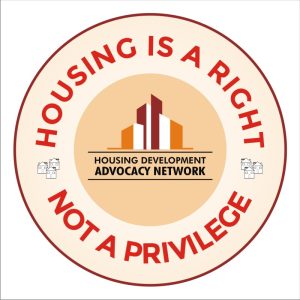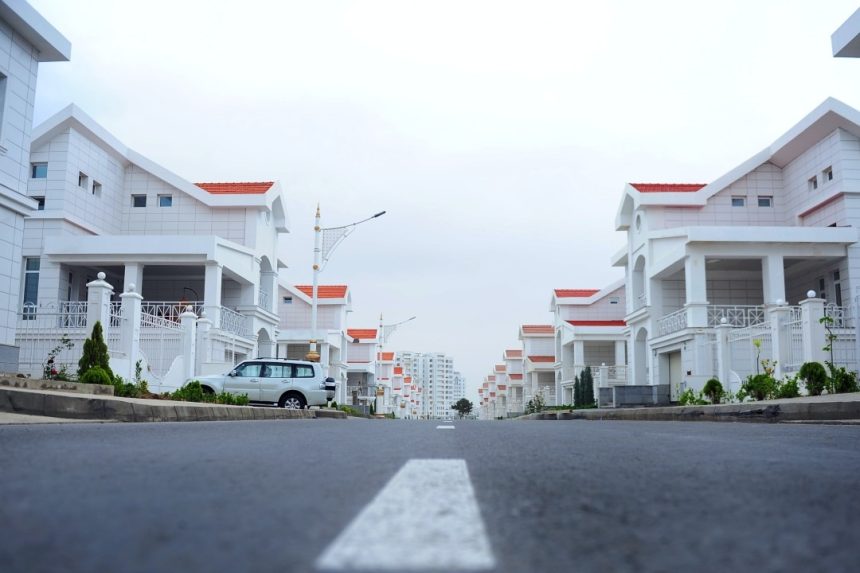Experts have continued to raise concerns over the rising prices of real estate in Cape Town, the legislative capital of South Africa, and the country’s oldest city, home to the Parliament.
With an estimated population of 4.7 million, the city attracts holiday seekers, nomads, and tourists from across Africa and beyond.
Cape Town boasts a picturesque harbour, a stunning natural environment within the Cape Floristic Region, and famous landmarks like Table Mountain and Cape Point. Recognizing its charm, The New York Times dubbed Cape Town the world’s top travel destination in 2014. The influx of people into South Africa’s second-biggest city has further compounded the housing crisis, forcing thousands of low-income South Africans to migrate outside the city in search of affordable accommodation.

This crisis is exacerbated by local and foreign investors who are investing heavily in luxurious high-rise real estate, as well as frequent nomadic visitors who can afford to pay more for short-term rentals. Speaking in a live podcast on Monday morning with Africa Melane, monitored by Urban TV Africa, South African real estate mogul Victor Ngomane called on the government to address the affordability crisis plaguing the sector to accommodate low-income earners.
“There is an affordability crisis. The increasing rental costs are forcing both rich and low-income earners to move to the outskirts of the city or leave the city entirely because they are being priced out,” Ngomane said. To prevent the exclusion and ostracization of low-income earners within the city, Ngomane urged the government to allocate tourism-generated revenue towards the provision of affordable housing within the city.

“To protect low-income earners, the government should use tourism-generated revenue to fund affordable housing in and around the city and involve stakeholders in shaping housing policies and programs,” Ngomane added.
The luxury real estate expert also called on the government and regulators to implement policies that can transform the sector and promote inclusion. “The government should introduce a tax on rent increases, accelerate and prioritize the construction of affordable housing within the city, and offer tax breaks and holidays to landlords who prioritize long-term rentals over short-term ones,” Ngomane said.
The real estate crisis in Cape Town highlights the urgent need for effective policies to address housing affordability. With rapid urbanization and an influx of both local and international investors, the city faces significant challenges in ensuring inclusive growth. By channelling resources from tourism and enacting supportive housing policies, the government can help bridge the gap between luxury real estate and affordable housing, promoting a more balanced and equitable urban development.



